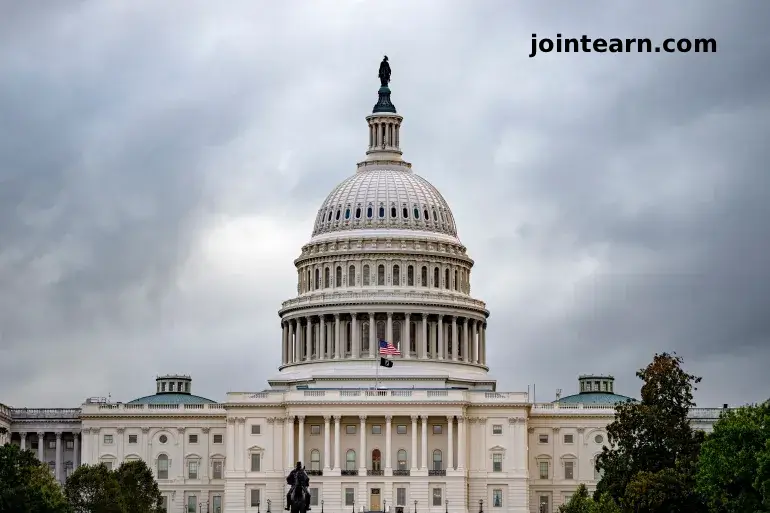
Richmond, Virginia, October 23, 2025 — As the ongoing U.S. government shutdown stretches into its 23rd day, Virginia has become the first state in the nation to declare a state of emergency in response to the growing threat to federal food assistance programs. Governor Glenn Youngkin announced the decision on Thursday, saying it would allow the state to mobilize emergency funds and maintain critical food aid for residents at risk of losing benefits.
Virginia Moves to Protect SNAP and WIC Recipients
Governor Youngkin’s declaration aims to ensure continued access to the Supplemental Nutrition Assistance Program (SNAP) and the Special Supplemental Nutrition Program for Women, Infants and Children (WIC). Both programs are administered by states but rely heavily on federal appropriations — which have been frozen due to the funding lapse.
“This state of emergency ensures that Virginians won’t go hungry because of Washington gridlock,” Youngkin said in a statement. “Our administration is prepared to use every available resource to sustain food assistance programs during this shutdown.”
The governor’s office estimates that over 850,000 Virginia residents depend on SNAP benefits, while thousands more rely on WIC for infant formula and nutritional support. Without immediate intervention, the programs could face severe disruptions starting November 1.
National Impact of the Federal Shutdown
The U.S. government shutdown, now entering its fourth week, has already triggered widespread disruptions across federal agencies. The impasse stems from a budget deadlock between Republicans and Democrats over healthcare and social spending priorities.
Nationwide, more than 41 million Americans receive monthly SNAP benefits, while another 7 million depend on WIC. States have been warning residents that if the shutdown continues, food aid disbursements may cease in early November.
In California, Governor Gavin Newsom announced similar emergency measures, including deploying the National Guard and allocating $80 million to bolster food banks as federal funding dries up. Other states are monitoring the situation closely, preparing contingency plans in case the standoff persists.
Political Gridlock and the Healthcare Dispute
The shutdown has dragged on amid fierce partisan clashes over healthcare funding. Democrats have refused to approve any budget that fails to extend COVID-era health insurance subsidies under the Affordable Care Act (ACA). They argue that allowing the subsidies to expire at year’s end would cause sharp premium increases for millions of Americans.
Republicans, on the other hand, have pushed for Medicaid cuts included in President Donald Trump’s sweeping tax and spending bill signed in July, insisting that broader fiscal reforms must accompany any reopening of the government.
With no resolution in sight, economists warn that the prolonged shutdown could have serious economic consequences, particularly for low-income households that depend on federal assistance.
Emergency Declaration: What It Means for Virginia
Virginia’s emergency declaration grants the governor authority to reallocate state funds, activate the National Guard, and coordinate food distribution efforts through state agencies and nonprofit partners. It also enables local governments and community organizations to access emergency relief resources more quickly.
According to the Virginia Department of Social Services, the state has already begun working with food banks and community partners to create a continuity plan that prioritizes vulnerable groups — including children, seniors, and low-income families.
“No Virginian should have to choose between paying their bills and putting food on the table,” Youngkin emphasized. “This is about stepping up where the federal government has failed.”
Uncertain Future as Shutdown Continues
As the shutdown approaches the one-month mark, pressure is mounting on Congress and the White House to reach a budget deal. Analysts predict that if the deadlock extends beyond early November, state-level interventions like Virginia’s could become more common nationwide.
The last major U.S. government shutdown of comparable length occurred in 2018–2019, lasting 35 days and costing the U.S. economy billions in lost productivity and consumer confidence.
While Virginia’s swift action may prevent an immediate crisis, officials warn that state emergency funds are limited and cannot indefinitely replace federal support. Unless Congress acts soon, millions across the country could face hunger and hardship in the coming weeks.


Leave a Reply